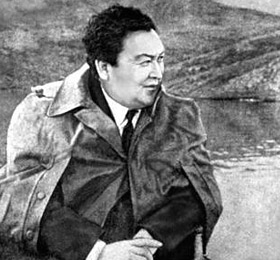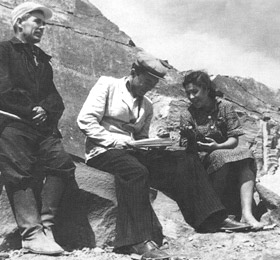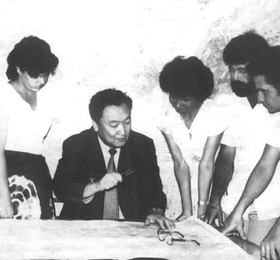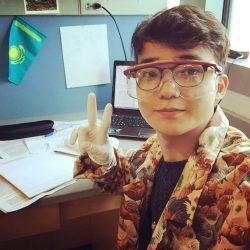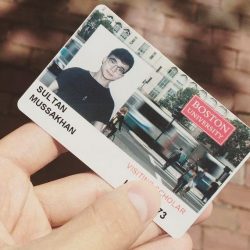Sultan Mussakhan
Sultan Mussakhan is a Nazarbayev University student, 21 years old. Research internship at professor Gilmore’s Laboratory, Boston University, 2015.
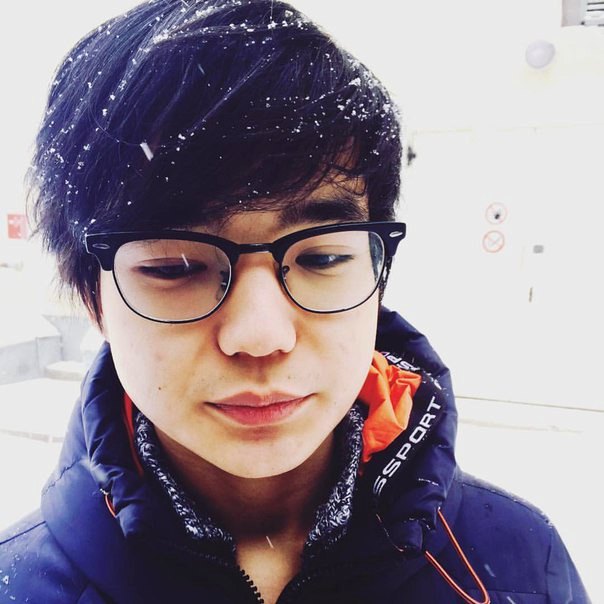 Why did you choose molecular biology?
Why did you choose molecular biology?
One of the reasons for my choice of biology is I love life and all the processes connected to it. I also understand death, to a certain extent, is one of those processes. I was keen on biology from an early age. In high school I participated in science competitions, and denied myself many pleasures just to read another biology book; I dreamed of becoming a scientist. Later in university I became interested even more in the subject and now I am engaged in confocal microscopy, cancer cell biology and chemotherapy studies. The latter is about reducing the negative effect of chemotherapy on human health. We are trying to reduce significantly this impact through our research. We’ve partnered with the labs of the Moscow State University (Russia) and Harvard University (USA) to carry out the project in this regard.
What was the most difficult for you during the competition?
As if it was yesterday, I remember that day when the second round took place. I thought through my wardrobe to leave a good impression and even visited a stylist. Spent quite some time getting ready mentally. However when I first saw the contenders — the other applicants, I was somewhat confused, I didn’t think so many people liked science and were in for to win a grant. But the competition was carried out in a warm atmosphere, although it was hard. It was important to be yourself and to talk. Although it was not easy to discuss my passion for science, my life and to openly admit not the best of my qualities. But I managed to and successfully passed the round. The second round showed me that by opening up to others one may achieve a lot. Other participants were candid too and I’m now friends with some of them.
Besides the study and work, what else was interesting to you?
Every week I cooked something from our cuisine. Somehow, I was even able to make beshbarmak. Although the Americans did not like the dish they appreciated my efforts. Boston is a great city with a cozy atmosphere, but I have noticed the existence of racism, homophobia and xenophobia there nevertheless. People know almost nothing about Kazakhstan. My brightest memory in the internship was getting to know my fellow co-workers from the lab and from the city whom today I can call friends. Without them I would not have coped. In the laboratory I was appreciated, although sometimes I could not cope with some of the tasks, because all the experiments that we did were very new to me. I will remember for my whole life, as we went to the movies with my professor or walked along the Charles river, picking berries. It was fun to compete in different sports and to go to Harvard to eat Mexican burritos. Boston taught me to be human, to be tolerant of other people. You could even say that this experience — the internship — even changed my life.
How would you evaluate the outcomes of your internship in the US?
Upon returning to Astana I started to share the acquired experience and knowledge with the colleagues, because I would like to see Kazakhstan as a world scientific power and the shelter for the great minds of the entire planet. My colleagues and I are laying the basis for it. On weekends I teach chemistry and biology to the orphans to interest others and encourage to do science. I am also a member of the judges panel of the National school Olympiad in biology — we make up tasks for the participants and do the selection for the international Olympiads. And speaking of the project on chemotherapy, which I am now working on, I believe that the results of the research will help to review the dosage of modern anti-cancer drugs which is likely to save many lives. And the US internship will certainly help me in achieving this goal. Research and making science popular among children is and will be one of my priorities.
17.10.17, Stories
Seen by: 1,127


